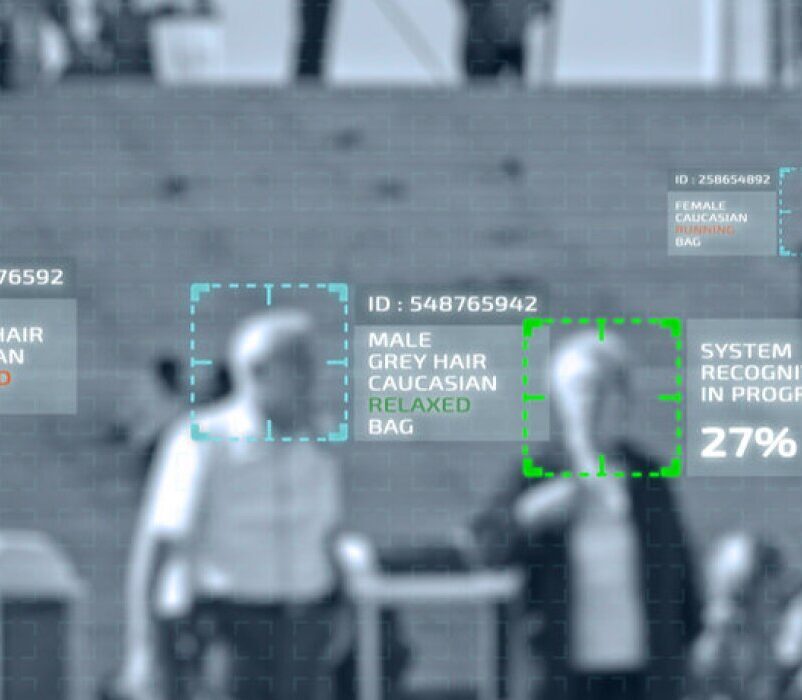
(TNS) — Warner Robins investigators have started using artificial intelligence to help them solve difficult cases.
The Warner Robins Police Department has begun using Cybercheck, a program that allows the agency to scour “all layers” of the Internet to help solve criminal cases, according to Cybercheck’s website. The program can be used for various investigations, but WRPD has been focused on using it to solve cold cases.
“We don’t have a cyber crime division, so it helps to have a software like this,” said Lt. Justin Clark, who also said the software was presented by the Warner Robins police chief for investigators to look into.
Cybercheck has touted successful results in other states. According to the Cybercheck website, the software has helped solve 209 homicide cases, 107 cold homicide or missing person cases, 88 child pornography cases and 37 human trafficking cases in states like Florida, North Carolina and California.
HOW ARE POLICE USING AI TO SOLVE CASES?
Police can use the program to find key information about suspects or victims. It allows them to find a comprehensive online identity for a person by finding relationships and associations, social media comments, videos, images, website links, bitcoin addresses, employment and IP addresses. Officers can also use it for location mapping through Wi-Fi cameras, routers or their phones.
All this information becomes a cyber profile, which Cybercheck calls “CyberDNA.”
The software asks for a geographical location or a name, date of birth and phone number to start searching the Internet. Investigators don’t need a warrant to obtain all this information, police said, as the Internet is home to open-sourced information, Clark said.
Cybercheck was founded in 2016 by Adam Mosher. They have two products. Cybercheck Case, used by the Warner Robins police department, analyzes difficult cases for possible leads. Cybercheck Detect focuses mainly on stopping data breaches.
The company’s website says it works by using “advanced machine learning algorithms to analyze vast amounts of data, including witness statements, digital forensic evidence, mobile signaling, and other cyber profile data, to identify intelligence and case links that traditional investigation methods may have missed.”
The program, according to the lieutenant, is simplistic. All they have to do is submit all their information on the case to the program. But the software only lets a certain amount of cases be submitted.
One cold case was sent to be analyzed by the software, but Clark says it could take months to get results.
Clark said the program will only be used for newer cases if investigators hit a roadblock in the case. His priority remains on the older cases.
“I still try to work on those cold cases,” said Clark.
©2024 The Macon Telegraph, Distributed by Tribune Content Agency, LLC.


